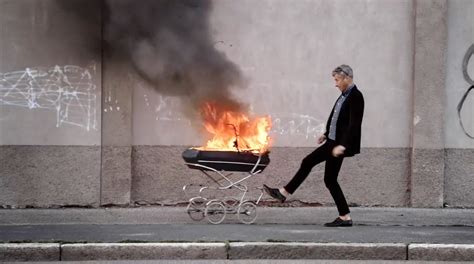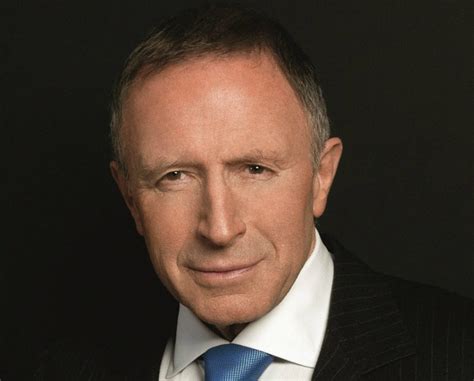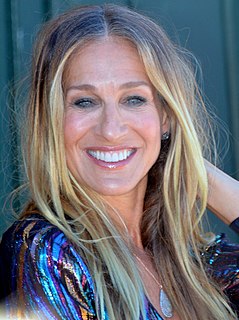A Quote by Kiki Smith
Some people think or expect that you should make the same kinds of art forever because it creates a convenient narrative... I want my work to embody my inherent contradictions.
Related Quotes
My definition of art has always been the same. It is about freedom of expression, a new way of communication. It is never about exhibiting in museums or about hanging it on the wall. Art should live in the heart of the people. Ordinary people should have the same ability to understand art as anybody else. I don’t think art is elite or mysterious. I don’t think anybody can separate art from politics. The intention to separate art from politics is itself a very political intention.
I think a lot of people are involved in art because of the fashion of art and the conversation. It gives them a certain sophistication, something to speak about. But art is, if it's conceptual, really about understanding the concept. And if it's beautiful, it's about seeing the beauty. It's gone much further than that now. There's too much commercialism attached to art. If the market cracks one day big-time, you'll frighten so many people away who will never come back. Because they don't really feel for art. People who buy art should want it because they love it, they want to enjoy it.
We both [with Jo Andres] think that it is really important to our culture that we support all kinds of music, all kinds of theatre and all kinds of art because you never know what moves people. We've always believed that there should be a strong voice outside the commercial world. Certainly, the commercial world has a huge place in our culture and we also support that - but, we also want to support the stuff that lives outside of that.
There's some ambient music that doesn't do anything. I wouldn't say that that's narrative. It is narrative in that it creates a sort of world where nothing happens, where really nothing happens, so you become a different person after hearing eight minutes of exactly the same thing. Yes, I hear music all the time in which one idea is strung together to another idea, and I feel that such music is non-narrative.
I don't put pictures of my children on, rarely, I think I've done it twice? I'm thoughtful about that, because I don't think you can get it back, and I don't think it's fair to people to try to convey a desire to maintain some privacy and then share pictures and expect that somebody else won't want the same ability.
So plastic is mind, so receptive, that the slightest thought makes an impression upon it. People who think many kinds of thought must expect to receive a confused manifestation in their lives. If a gardener plants a thousand kinds of seeds, he will get a thousand kinds of plants: it is the same in mind.






































